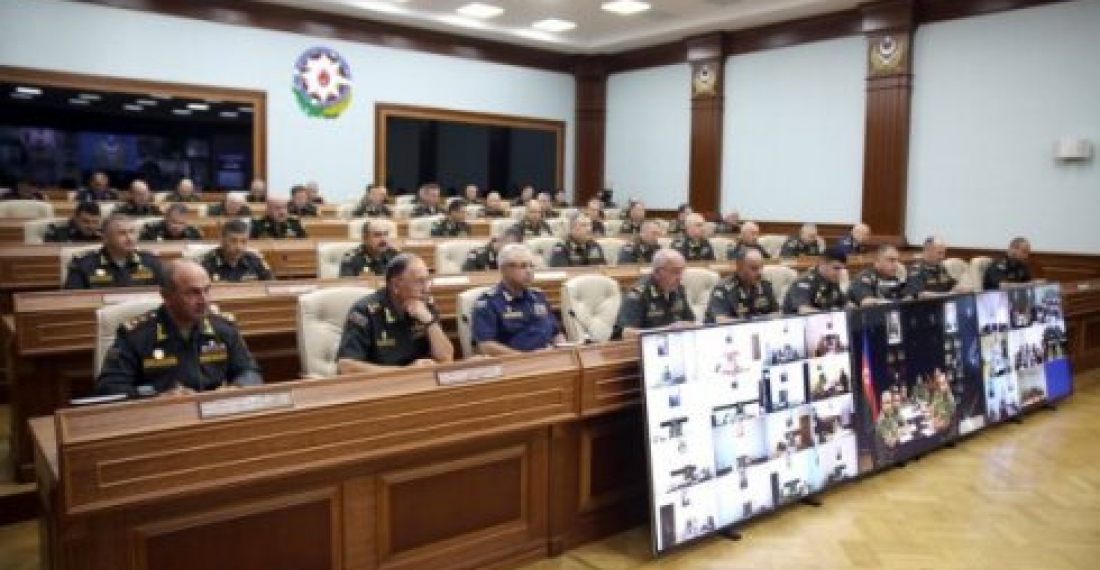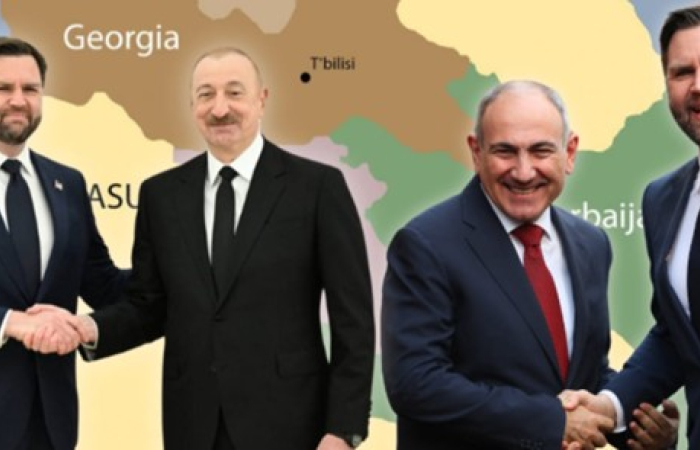Azerbaijan's defence minister, Col-General Zakir Hasanov on Saturday (15 June) held a meeting with senior officials of the Armed Forces and the Ministry of defence to review results of recent military drills held in Azerbaijan
"After analyzing the current situation on the line of contact of the troops, as well as the work done over the past month, in particular, the results of the exercises held in Baku and Nakhchivan, the minister of defense noted that the combat capability and equipment of the army, as well as the moral and psychological state of the personnel, to be of a high level, adding that all the activities planned in this area have been implemented in full", the website Haqqin.az reported
"The defence minister set the tasks for officials in connection with the activities of snipers, ensuring the sustainability of the defence and security of personnel, effective organisation of disguise, as well as suppressing enemy provocations in the intended directions by taking immediate and adequate measures through the use of special devices and equipment", the website added citing ministry of defence sources.
source: commonspace.eu with agencies.
photo: Meeting at the Azerbaijani defence Ministry on 15 June 2019 (picture courtesy of haqqin.az)







